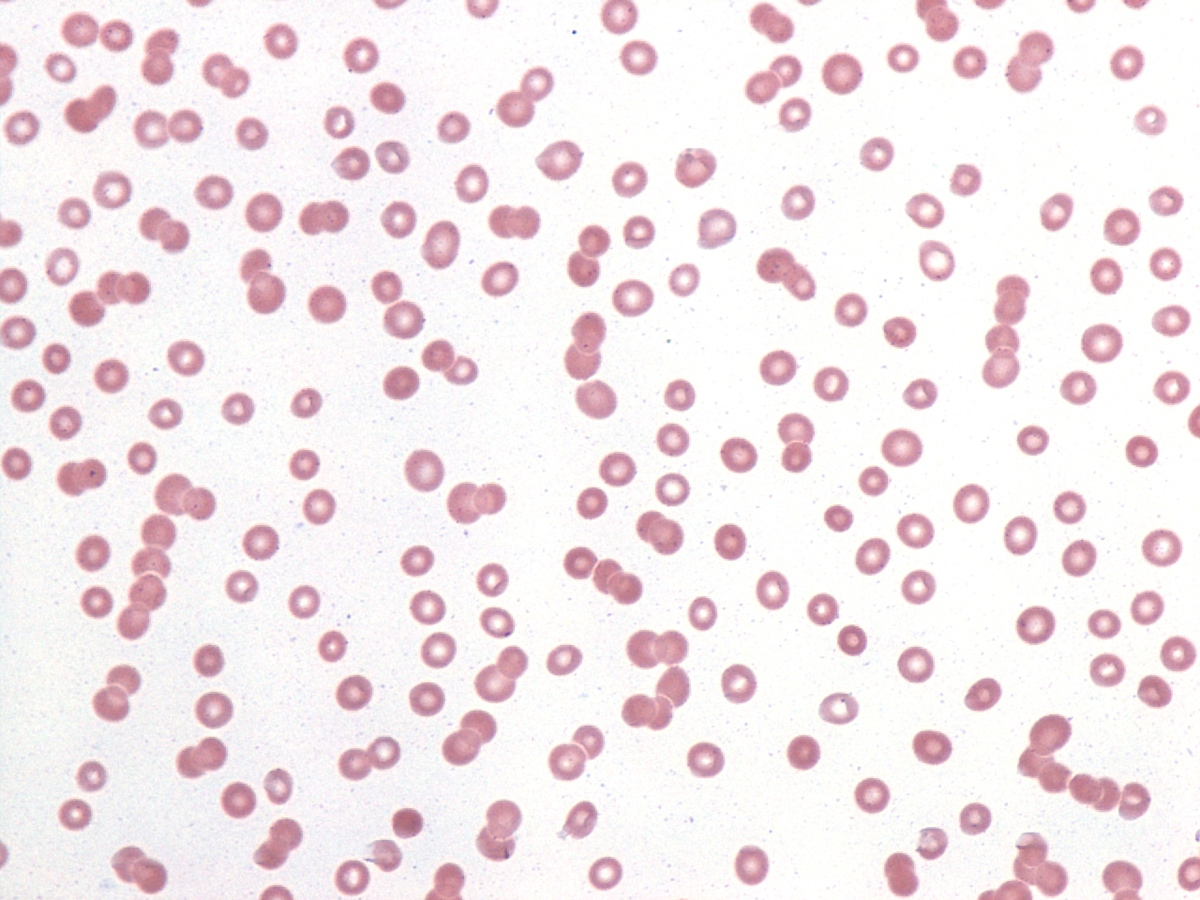
Myeloma is a cancer of the plasma cells which are a type of white blood cells. This plasma cells are responsible for protein and antibodies production in the body. Myeloma can cause problems with the immune system, bones, red blood cells and kidneys.
The symptoms of myeloma are different. In the early stage there are no mild symptoms but as the disease develops, you may feel pain in the bones, especially in the spine, pelvis, skull or ribs. You also may have high protein level in the urine or high calcium level in the blood. The consequences of high calcium level may include extreme thirst and urge to urinate, vomiting, constipation, mental disturbances and reduced desire for food. There are other symptoms of myeloma such as tiredness, weakness in the legs, frequent fractures and recurring infections of the skin, lungs, kidneys or sinuses.
In order to diagnose the condition, your doctor will perform special blood and urine tests which will reveal the protein level. Usually other tests will be performed such as X-rays, CT, MRI or PET scan. In some cases your doctor will examine your bone marrow. As a sample the bone marrow is removed with a needle and examined.
Unfortunately, there is no cure for myeloma but the patient's condition can be constantly monitored and proper treatment of symptoms may slow down the development of the disease and relieve the pain. The treatment may include drugs such as corticosteroids, thalidomide, bortezomib or lenalidomide. The patient may also have chemotherapy, radiation therapy or stem cells transplantation.
Some patients decide on alternative treatments which can help them with pain, stress and sickness. These treatments includes massage, aromatherapy, various relaxation techniques such as yoga or meditation, biofeedback or acupuncture. Some other measures to deal with myeloma are moderate exercising in order to strengthen the bones, drinking a lot of fluids to ease the symptom of constant thirst and to prevent kidney failure, and consumption of healthy food. However, you should not choose any of these treatments and measures without consulting your doctor.
Myeloma can have severe complications such as weakened immune system, which can lead to serious infections because your body cannot produce enough antibodies to fight against the infection. In some cases myeloma also affects the bones which can result in frequent fractures and problems with the spine. In severe cases the patient end up paralyzed. Since myeloma is a cancer which primarily affects the blood, the patient may develop blood problems such as anemia.
















Your thoughts on this
Loading...